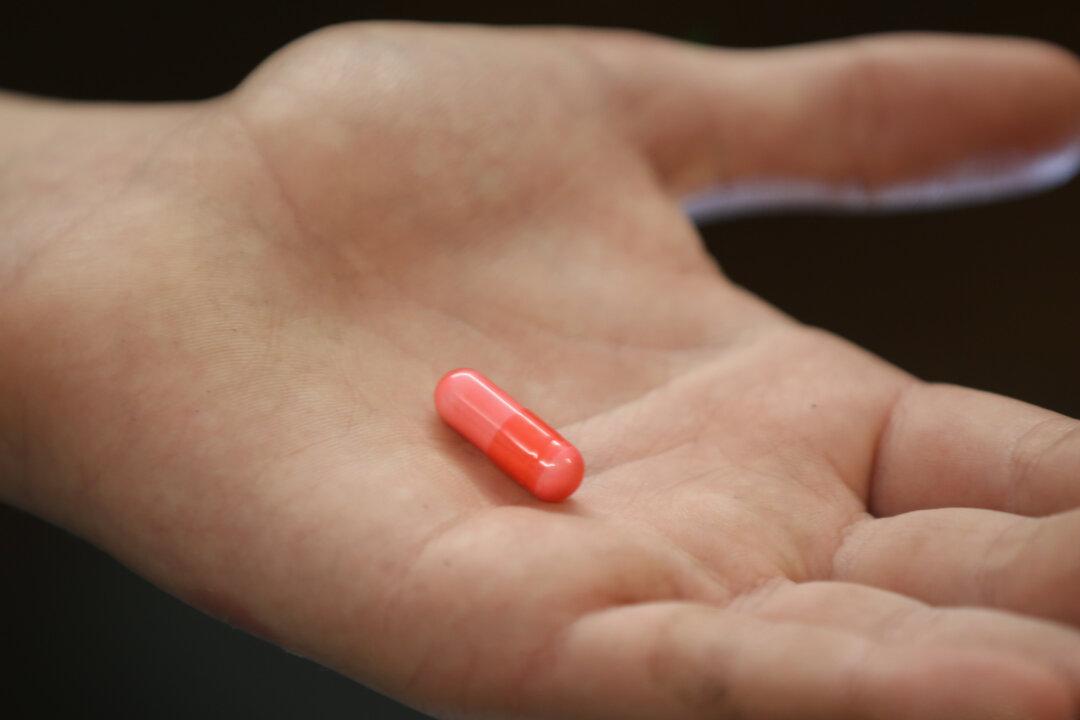An antidepressant from the 1950s is now being marketed as an over-the-counter supplement to treat depression, anxiety, and opiate withdrawal, which is causing concern among health care workers and lawmakers.
The drug, tianeptine, is sometimes called “gas station heroin” because of its opiate effects, difficulty to quit without withdrawal side effects, and availability at gas stations.





